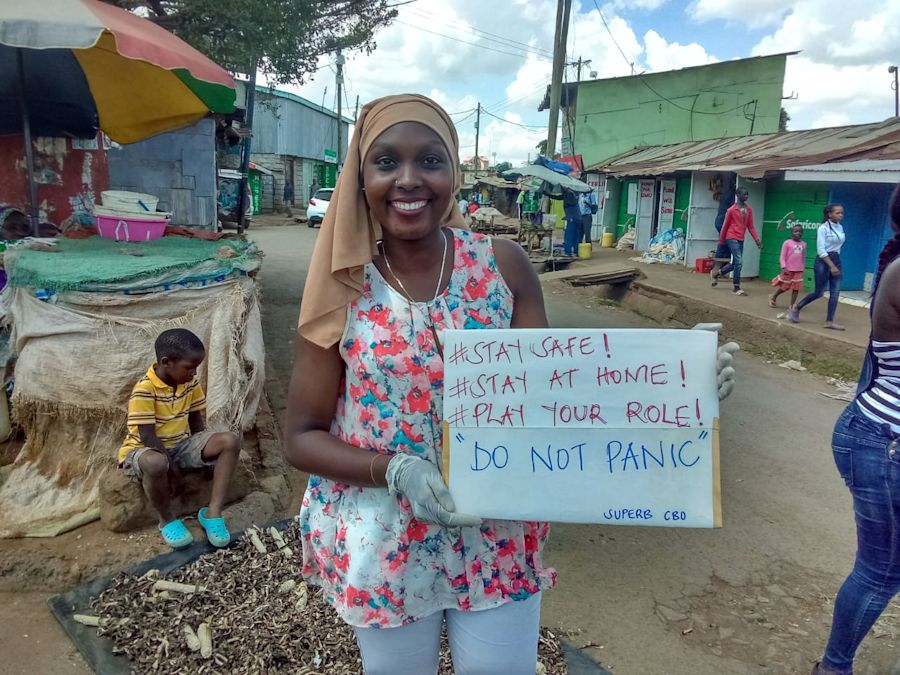
LPI and Covid-19
Over the past few months, Covid-19 has rapidly spread across the globe resulting a global health crisis. As governments and citizens have had to take extraordinary measures to slow the spread of the virus, ripple effects in the socio-economic and political contexts are emerging in all countries. The pandemic is having differential impacts both between regions and countries, but also within countries with actual and potential devastating impacts upon the most vulnerable communities and populations.
We work with civil society and other partners in the Horn of Africa and DRC. These contexts have experienced decades of violent conflicts, and are faced with multi-facetted governance, political, humanitarian and development challenges. As such, any additional shock or stressor may have tremendous effects on peacebuilding processes. We have therefore been monitoring the evolving situation very closely and the exchange with our partners has been a critical feature of our analysis.
As a result of the pandemic, we have had to adapt our way of operating in order to respond to the evolving situation. We have taken the following actions to comply with both recommendations of health experts and government authorities in each context:
A number of major meetings convening people were cancelled and reconceived in March, and travel was restricted to only the most urgent matters or to ensure staff could return to their places of residence.
As of the end of March, LPI offices had begun to close and most staff were working from home.
We keep in touch with our partners and on how to respond to new or existing conflict tensions emerging or increasing as a result of the coronavirus spread.
Beyond operational measures, our teams and partners are strategizing to find ways to still support peacebuilding processes, which are even more needed in these times. This happens with due attention to the risks posed by the pandemic and in compliance with government guidance. While some activities need to be postponed, new creative virtual means are being tested to engage with the various communities with whom we work. We are also building on the existing networks of partners and local peace structures, groups and change leaders. We think that support to their analysis and action is critical at this time, and requires keeping in close contact, and finding new ways, including to communicate, find flexible ways for administration, and document the action and learning. These types of community activities are responding to needs associated with curtailing the potential negative impacts of Covid-19.
We have joined in various global conversations and consultations on the intersection between the coronavirus pandemic and peacebuilding and are seeking ways to deepen our engagement on this issue, both to learn as well as share our experiences with the global community.
The impact of this pandemic has already been devastating and its negative effects are expected to be felt for a long time. However, we also recognise that out of such tragic events, there is also potential for positive transformation as communities are propelled to engage in new and creative ways to address the overwhelming odds facing them. We also hope that new energy, urgency and innovation to address the structural inequalities, including those that give rise to conflict, that have been laid bare by this pandemic, will emerge out of this. To that end, LPI remains committed to its staff, partners and the communities where we work, to continue to support them to creatively transform conflicts and build sustainable peace, and as much as within our sphere of influence, to seek ways to bolster resilience through this crisis.
Most recent blog posts
2026-01-13
Placing Local Voices at the Centre of Regional Peacekeeping ConversationsA Reflection from the Horn Dialogue Series IV
